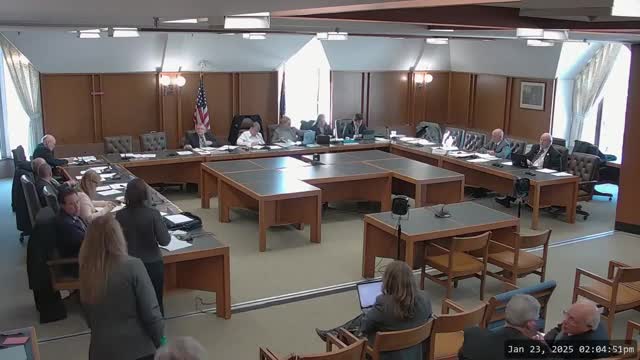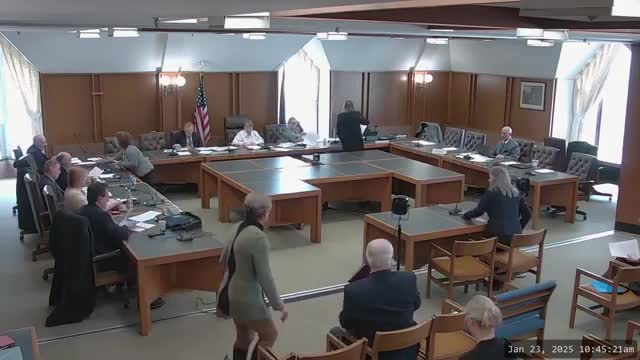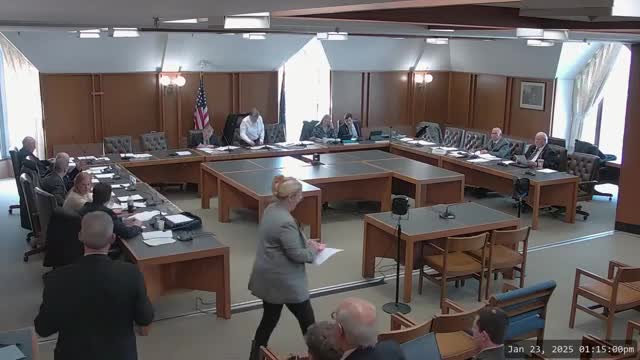Article not found
This article is no longer available. But don't worry—we've gathered other articles that discuss the same topic.

Heated testimony as committee hears pros and cons of allowing optometrists to perform three eye‑laser procedures

Committee recommends ‘CPA retired’ designation for former certified public accountants, 11‑1

Committee hears broad support for dietitian licensure compact; FBI fingerprint review flagged as implementation risk

Committee backs bill to put dental‑hygienist nitrous/local‑anesthesia authority into statute

OPLC‑requested bill on rulemaking authority for therapists advances to subcommittee; FBI wording for background checks highlighted

